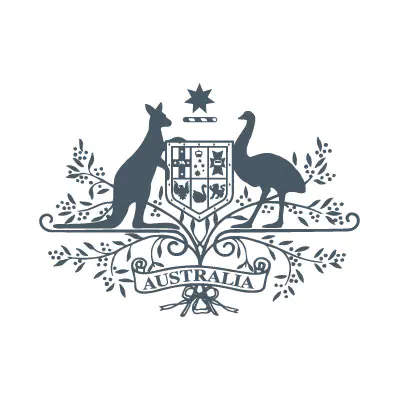
First Nations Partner in Quantum Iron Test Development
Scientists who are developing a revolutionary and more accurate iron test are heading to the Northern Territory to gather real-world data to help them design a blood-test device to operate in a range of environments.
FeBI Technologies – co-founded by University of Melbourne Associate Professor David Simpson and Florey Institute of Neuroscience and Mental Health Dr Nicole Jenkins – is a new quantum-based blood test able to measure iron levels cheaply, reliably and accurately.
Existing blood tests measure ferritin, not iron itself and FeBI Technologies are on track to change that.
Dr Jenkins said we should imagine our iron is like water inside tiny bottles made of the protein ferritin carried along in the bloodstream.
“When doctors order blood tests, they really want to know how much ‘water’ there is,” she said.
“Current technology allows us only to see the ‘bottles’, not what’s inside them. The problem is that while some ‘bottles’ are full of ‘water’, some are empty. This can render the ferritin blood test for iron inaccurate, particularly in people with chronic health conditions.”
Dr Jenkins said existing ferritin-based iron tests result in misdiagnosis, delayed diagnosis, and cost Australians billions of dollars each year. Low iron levels predominately affects women.
“FeBI has the potential to improve diagnosis and treatment of iron disorders including iron deficiency, anaemia, and haemochromatosis – iron overload,” Dr Jenkins said. “FeBI will also enable monitoring in diseases where iron status is vital for health management such as chronic kidney disease and diabetes, which disproportionately affect First Nations people.”
Recognising FeBI’s potential to transform clinical iron testing, the Australian Government’s Critical Technologies Challenge Program – which has a goal to foster First Nations engagement in developing quantum technology – has provided $494,000 to fund prototype development and First Nations engagement in Katherine, NT commencing in August.
Associate Professor Simpson, said: “We have been working on diamond based quantum sensing technology for over a decade now and we are excited to see it develop into a precision diagnostic tool for direct and accurate iron assessment from a simple blood test.”
University of Melbourne’s Director of Aboriginal and Torres Strait Islander Health group Onemda, Professor Sean Taylorwill lead the work in Katherine, through FeBI’s partnership with Sunrise Health Service Aboriginal Corporation.
“Our work in the Northern Territory is vital to understand the features a FeBI device needs in order to be useful and valued – and to make sure it stands up in practical terms in a remote community,” Professor Taylor said.
Sunrise Health Service CEO Rebecca Bond said: “Sunrise health service is excited to be part of such important research that may prove to be a game changer in accurate testing of Iron levels for first nations people and others.
“Through innovation and improved point of care testing, FeBI may also improve quality, timeliness and accuracy of testing on the ground, but more importantly be less invasive for clients than current methods. This will mean less avoidance by clients of having their iron levels tested.”
https://www.unimelb.edu.au/newsroom/news/2025/august/quantum-tech-iron-test-to-be-developed-in-partnership-with-first-nations-communities


